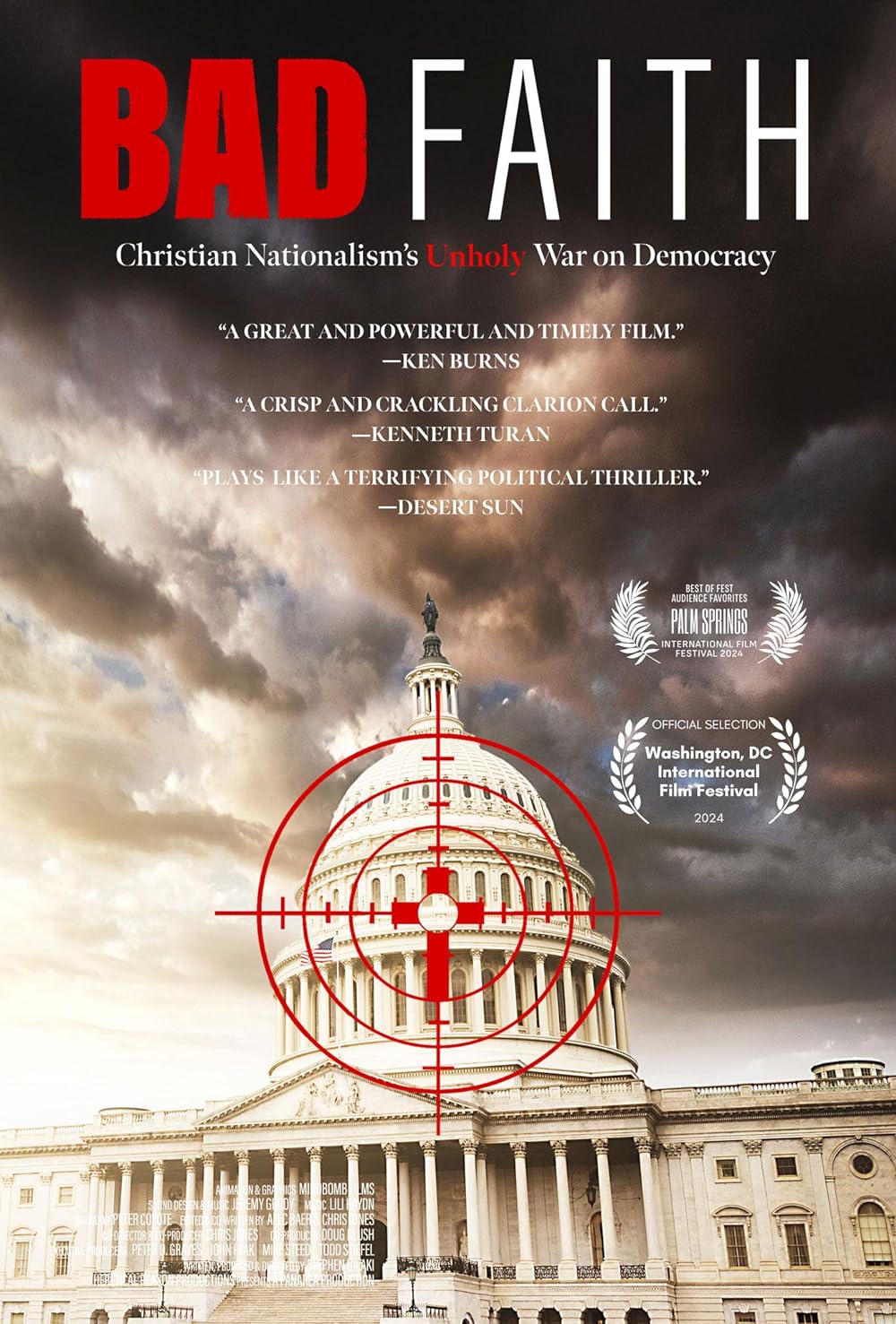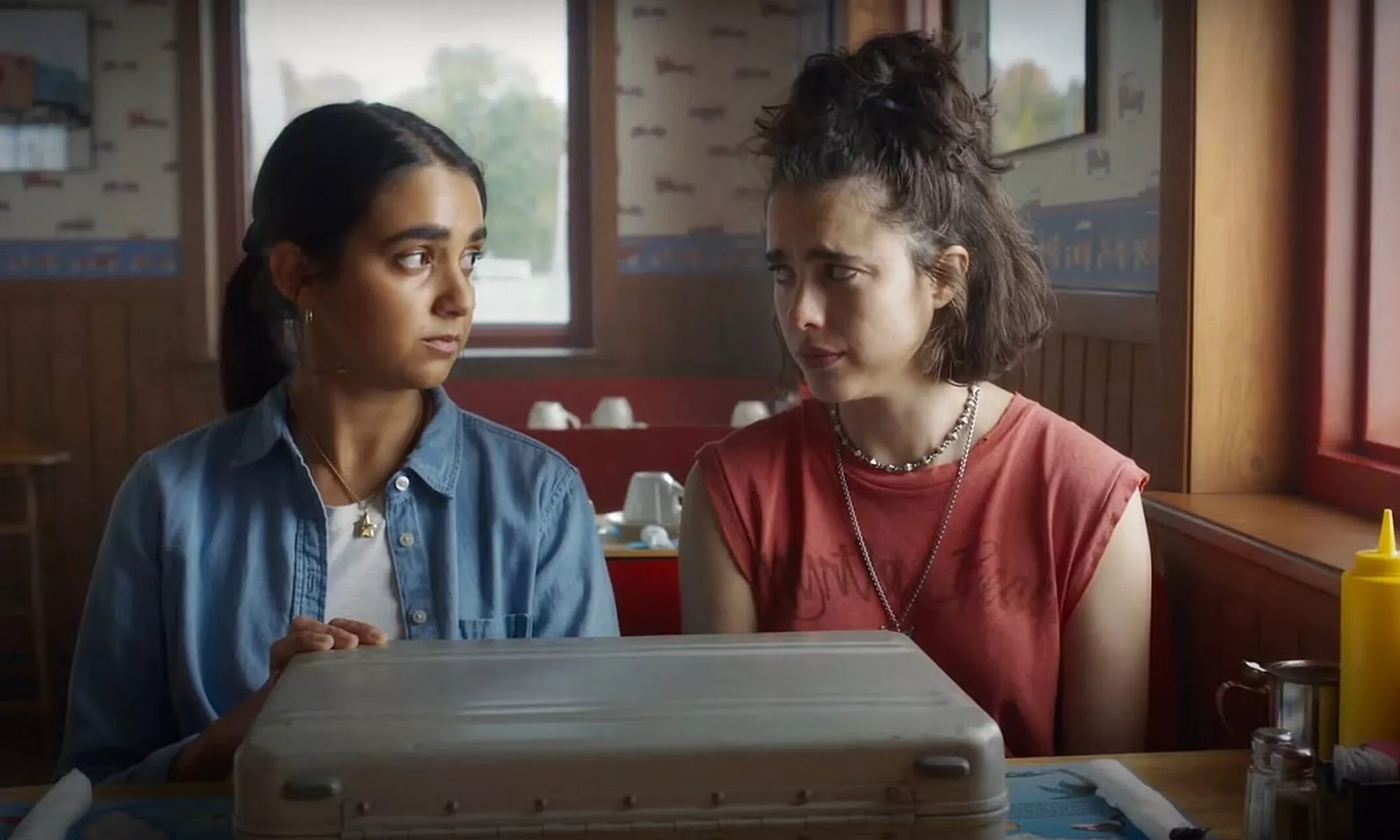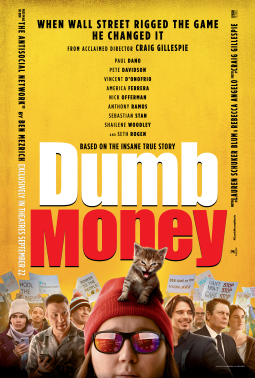Spartan
Posted on March 10, 2004 at 8:01 pm
C+| Lowest Recommended Age: | Mature High Schooler |
| Profanity: | Very strong language |
| Nudity/ Sex: | Sexual references and non-graphic situation |
| Alcohol/ Drugs: | Drinking, smoking, reference to drug use |
| Violence/ Scariness: | Intense peril and violence, brutal beating, many characters killed |
| Diversity Issues: | Strong African-American and Hispanic characters, anti-gay epithet |
| Date Released to Theaters: | 2004 |
There are three different stories in this latest effort from writer/director David Mamet (Glengarry Glen Ross, State and Main). Only one of the three is pretty good — a rescue mission to retrieve the kidnapped daughter of the President. The second is a passable, if overly familiar, story of a man developing a broader sense of his own values. And then there is a poorly handled story about government corruption and manipulation of the media. As that thread takes over in the last third, the movie falls apart.
Scott (Val Kilmer) is one of those flinty-eyed “one riot, one Ranger” tough guys who trains future flinty-eyed tough guys when he isn’t being sent on the most crucial and most morally compromising missions.
A college student is missing. Did she run away with the professor with whom she may be having an affair? Did her boyfriend kill her after a fight? Was it a random kidhapping by men who steal blonde girls and sell them into sexual slavery? Or did someone take her because she is the daughter of the President of the United States? Time to call in Scott to find out.
Speed is the top priority. Secrecy comes next. Niceties like Constitutional protections and not killing people who might be innocent are lower down on the list.
Scott and able trainee Curtis (Derek Luke, again showing great warmth, humanity, and charisma) think they are getting close to finding the girl when the word comes down that she and the professor have been found dead following a boating accident. But that is when Scott, always a “how” man, not a “why” man, finds that he cannot travel as light as he thought. It isn’t so much that he wants to understand who the bad guys are. He just wants to get the girl back. Even if she doesn’t want to or deserve to come home.
Mamet is fine when it comes to tension, confrontation, and tough attitude, but as a director his idea of action sequences is to have people unexpectedly get shot. The dialogue is Mamet lite, with none of the brilliant riffs that energize his other scripts. He fumbles the tone of the movie by committing the very last sin his characters would permit — he loses control with preposterous multiply paranoid layers that wear out instead of boring in.
Parents should know that this movie has intense peril and a lot of graphic and explicit violence, including knives and guns, and many characters are killed. Characters smoke and drink and there are drug references. There are sexual references, including references to sexual slavery, and one mild and non-explicit sexual situation. A character commits suicide (though that is later called into question). As in almost all Mamet movies, characters use very strong language.
Families who see this movie should talk about the compromises made by the characters in this movie, including the willingness to violate the rights of suspects in order to get information quickly and the willingness to compromise loyalties and risk lives in order to win an election. How do they decide what their priorities are? What is the difference between the way Scott regards his orders at the beginning of the movie and the way he does at the end? Why? What does it mean to say that “We’re just two men in green?” What does it mean to say, “You’re going to be taking that fight to bed with you for a long time. You don’t gotta do it all now?” Mamet’s films often deal with people who spin stories, from con men (House of Games, Glengarry Glen Ross) to opposing sides who have completely different views of the same incident (Oleanna) to film-makers who will tell any story they need to so that they can, well, tell the story they want to tell (State and Main). How does that theme relate to this film?
Families who enjoy this movie will also enjoy paranoia classics like Three Days of the Condor, The Parallax View, The Manchurian Candidate, and No Way Out. They might also like the unforgettably creepy original The Vanishing but should avoid the 1993 American remake.






